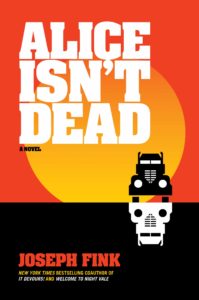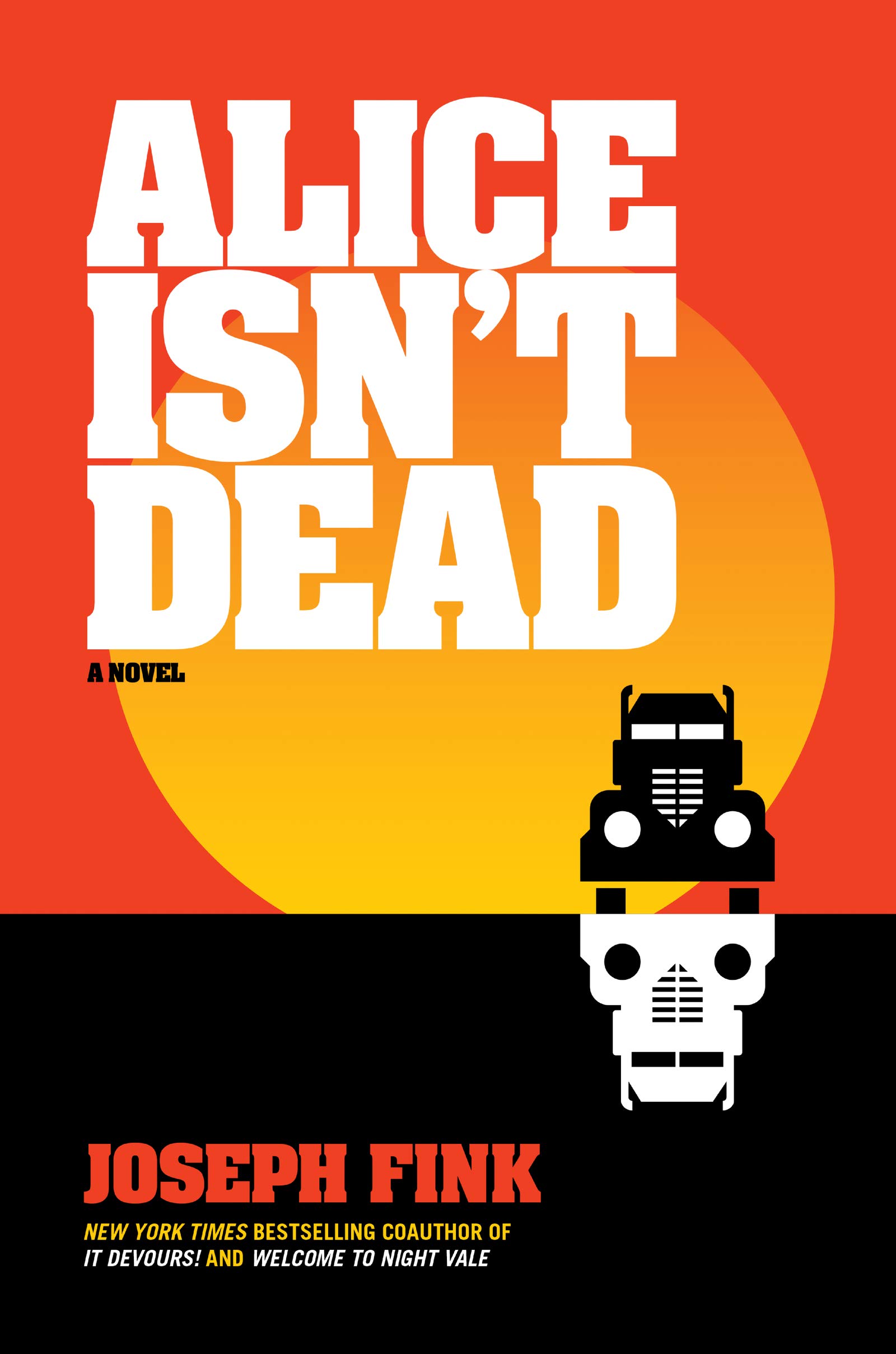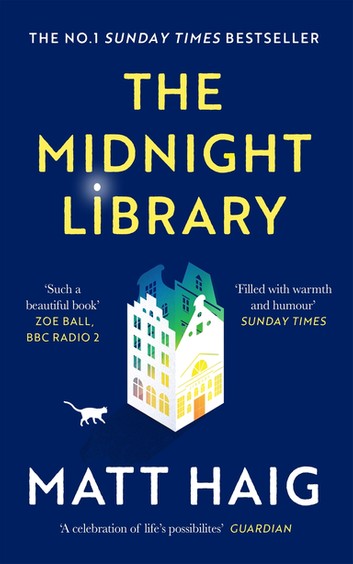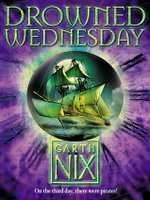 Fans of the podcast Welcome to Night Vale – and its associated tie-in novels – will be excited to learn that cocreator Joseph Fink has recently published another Night Vale–adjacent novel: Alice Isn’t Dead. Like the Night Vale novelizations, Alice Isn’t Dead is based on Fink’s podcast of the same name, though it is written to be accessible even to readers who have never tuned in.
Fans of the podcast Welcome to Night Vale – and its associated tie-in novels – will be excited to learn that cocreator Joseph Fink has recently published another Night Vale–adjacent novel: Alice Isn’t Dead. Like the Night Vale novelizations, Alice Isn’t Dead is based on Fink’s podcast of the same name, though it is written to be accessible even to readers who have never tuned in.
The novel primarily focuses on Keisha Taylor, who travels the country as a truck driver while searching for her wife, Alice. Keisha held a funeral after Alice disappeared two years ago, but she later became convinced that Alice was alive after she kept seeing Alice’s face in news broadcasts from around the country. In an effort to find the woman she loves, Keisha travels from state to state, sending out lonely messages on the radio waves, hoping one will reach Alice.
Then, one day, Keisha witnesses something horrible: a man murdered – eaten – by a mysterious, otherworldly man she encounters at a truck stop. Since no one else seems to acknowledge that anything is wrong, Keisha flees, fearing she may become the man’s next victim. But she won’t escape that easily: She soon finds the man is tracking her wherever she goes, and that he’s part of something larger – and more terrible – than she ever could have imagined. What’s worse, Keisha realizes that Alice’s disappearance may be part of the same conspiracy.
Alice Isn’t Dead is an easy, fast read and ultimately aims to emphasize the power of love in a broken, corrupt world. The conspiracy Keisha encounters, of course, is a thinly veiled allegory for America’s fraught political tensions, with a special emphasis on police brutality and “good” people willing to look the other way when violence and injustice don’t directly affect them. It urges its readers to find power in solidarity and to believe in the power of an individual to make a difference. It’s also populated almost entirely by female characters, which I appreciate (and is also reflective of the real demographics of social justice organizing).
But while I can wholeheartedly get behind these aims, Alice Isn’t Dead still didn’t entirely work for me. Even though an afterword claims that the podcast is an entirely different take on Keisha and Alice’s story (so fans of the podcast may enjoy the novel even if they think they already know how everything ends), the novel retains an episodic structure that can’t be disguised by mere chapter separations.
This means that the novel is a little short on more, well, novelistic features like nuanced character development and detailed accounting for how this whole conspiracy thing works, anyway. Instead, Alice Isn’t Dead moves from action scene to action scene while the membranes which connect these nodes remain a bit thin. Most of the negative payoff for this structure is in the novel’s closing, which feels rushed, saccharine, and unsatisfying.
Still, I could see people relishing this as a fast, feel-good read, and there’s nothing wrong with that. I do suspect that Keisha’s story is better suited to other mediums, such as the podcast or television series (supposedly in development).
A copy of this book was provided by the publisher, Harper Perennial, for review.



